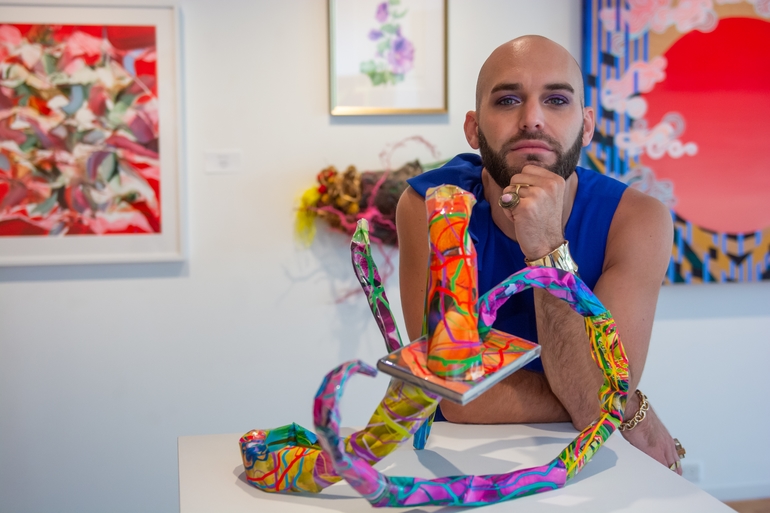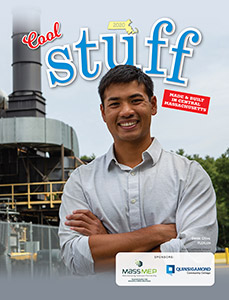Major shifts are occurring in the LGBTQ+ community with an ever-increasing number of individuals openly identifying as lesbian, gay, bisexual, and transgender, questioning, and queer. While the community is growing, particularly among younger generations, the number of LGBTQ+ business owners who openly identify is disproportionately low in Massachusetts.
According to the Boston Foundation’s “Equality and Equity Advancing the LGBT Community in Massachusetts” study, 5% of the state’s population reports being part of the LGBTQ+ community. However, the Boston Foundation said in its report this number is likely much higher.
Underreporting makes it difficult for organizations, such as the Massachusetts LGBT Chamber of Commerce, to obtain accurate member numbers and understand the scope and needs of those they serve.
“It is very hard to get LGBTQ+owned businesses to come forward,” said Grace Moreno, executive director of the Massachusetts LGBT Chamber of Commerce.
“I am in a privileged position to be loudly and proudly out as a queer, non-binary business owner, and I recognize that safety does not exist for everybody,” said Joshua Croke, founder of the Worcester businesses Action! By Design, a social innovation and change consulting agency, and Love Your Labels, an inclusion and equality advocacy group.
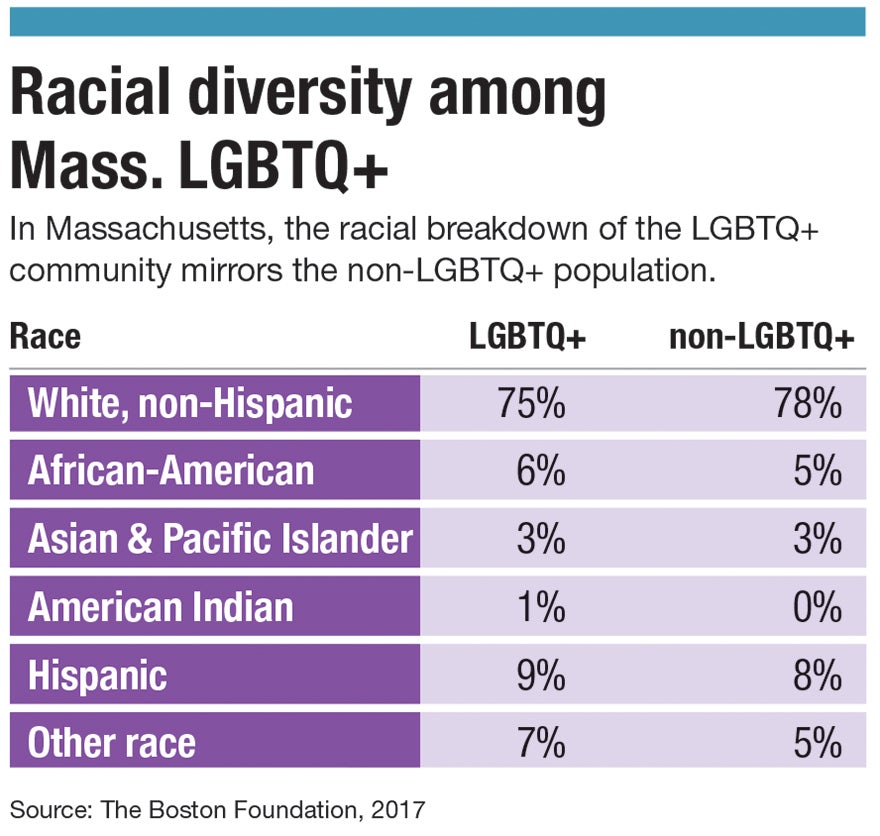
The benefits of identifying
In 2017, Gov. Charlie Baker expanded the Massachusetts Supplier Diversity Program to include LGBT-owned businesses. Through the executive order, the Mass. LGBT Chamber of Commerce was created to promote inclusivity in the corporate sector, strengthen supplier diversity, and build a strong network of LGBTQ+ business owners.
Younger generations have become more inclusive, said Moreno, while the older generations are still learning to accept LGBTQ+ individuals. The Boston Foundation’s report found 16% of individuals between the ages of 18-24 identify as LGBTQ+ vs. 3% of those aged 65 to 74.
Despite the increasing population of openly identifying LGBTQ+, underreporting is still an issue, which is further compounded if that person is a member of another historically excluded group, such as a person of color.
Unlike being a person a color, being gay is not a visible quality. As a result, many individuals decide not to disclose their sexual identities for reasons such as protecting their livelihoods.
“If staying closeted will help my business thrive, then people do not need to know I am gay. So, within that it is really hard to get people to disclose. If there is no benefit to being out as a business, then I do not have to be out as a business,” Moreno said.
The Mass. LGBT chamber has 242 registered members. However, if at least 5% of the state’s nearly 7-million population identifies as LGBTQ+, the amount of LGBTQ+owned businesses should be much higher.
In Worcester, 10 businesses in the city identify as LGBTQIA+ in the Diverse Business Directory, a list maintained by the Worcester’s Executive Office of Diversity and Inclusion, where businesses can voluntarily submit as being owned by someone who is a minority, new American, woman, veteran, LGBTQIA+, or with a disability.
Moreno’s goal is to show members the advantages to being an out LGBTQ+owned business. The chamber connects LGBTQ+ small businesses with corporate contracts, financiers, and government agencies who are inclusive and actively seeking LGBTQ+ members.
Deciding to identify
CEO Ryan Canuel added his video game company Petricore Inc. to Worcester’s Diverse Business Directory because he thought it was an interesting opportunity. Video games are meant to be played by everyone all over the world, which means that inclusivity is key because it reflects the diverse make-up of Petricore’s video game players.

“We need people on our team who represent all those different perspectives,” Canuel said.
A mentor inspired Canuel to openly identify on the city’s directory. His mentor, who is of Indian descent, told Canuel he was able to meet many business contacts by embracing his background/identity, and he encouraged Canuel to do the same.
Eventually, Canuel would like LGBTQ+ to be so accepted and normalized there is no negative backlash, or positive dramatic overreaction, which can be condescending.
“When someone finds out that I am gay, my preference is that they just respond to that in the same way as if I told them I am from a town that they have never heard before, like ‘Oh that’s nice,’” Canuel said.
Croke, of Love Your Labels and Action! By Design, is very open as a queer non-binary individual in their businesses. They discovered the Diverse Business Directory after being asked to participate in a focus group by the City of Worcester.
“It is important for folks to have access to folks in the community who represent marginalized groups who are business owners,” Croke said.
They believe increased visibility of LGBTQ+ business owners inspires the younger generation. Oftentimes, business executives only openly identify themselves once they have achieved success, and Croke wants to show the step-by-step journey in order to encourage youths to embrace their true selves without fear it will impact their careers.
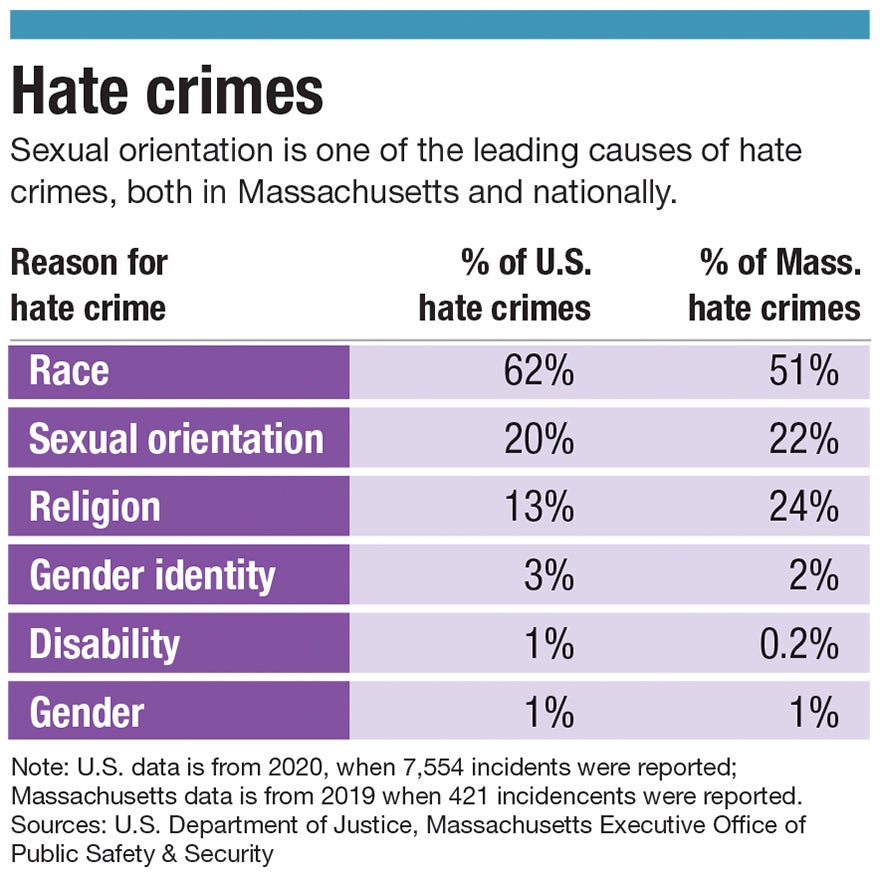
Overcoming initial hesitation
Laura Marotta, co-founder and executive director of arts nonprofit Creative Hub Worcester, along with her wife and co-founder, Stacy Lord, didn’t identify as LGBTQ+ business owners at first.
Marotta said as a couple who run a nonprofit together, they had to navigate issues heterosexual couples who are business owners never have to deal with, such as worrying about how close together they were in photos and if they were touching or not.
“As community members in the LGBTQ+ community, we are always hyper-focused and hyper-sensitive about what we are doing and why, because there are a lot of people out there who are not comfortable with anything that is not hetero-normative in nature, especially in the business world,” she said.
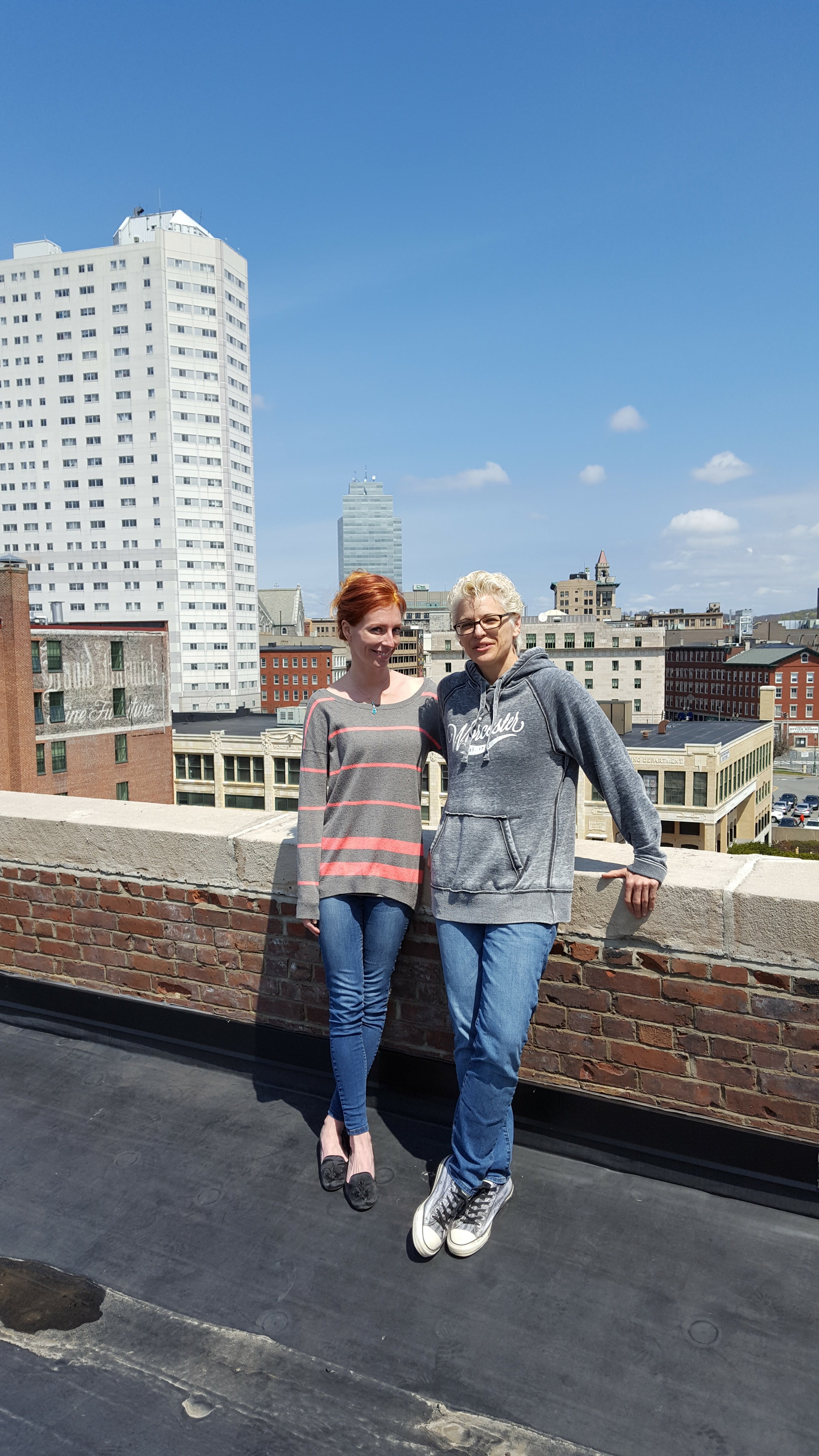
Although Creative Hub Worcester was established six years ago, it is only in the last two years the nonprofit has publicly identified as LGBTQ+run.
This was a very conscientious decision for the couple who believed as advocates and activists in the local queer community, it was important for them to be visible.
“It is super important for young LGBTQ+ individuals, kids, teens, youths, young people, to be able to see others in the community who are out and making a change in the community,” Marotta said.
Marotta said having such a personal part of your life out in public can be daunting. The potential negative financial impact from people who are intolerant is a fear for many LGBTQ+owned organizations.
“In an ideal world, the flow of philanthropy would reflect the greatest human needs in our communities, and would reflect the values and belief systems of those who are serving the community members in need,” Marotta said. “Sometimes, however, we see personal belief systems and deeply rooted biases that directly affect where the funds are allocated, which can be problematic.”
